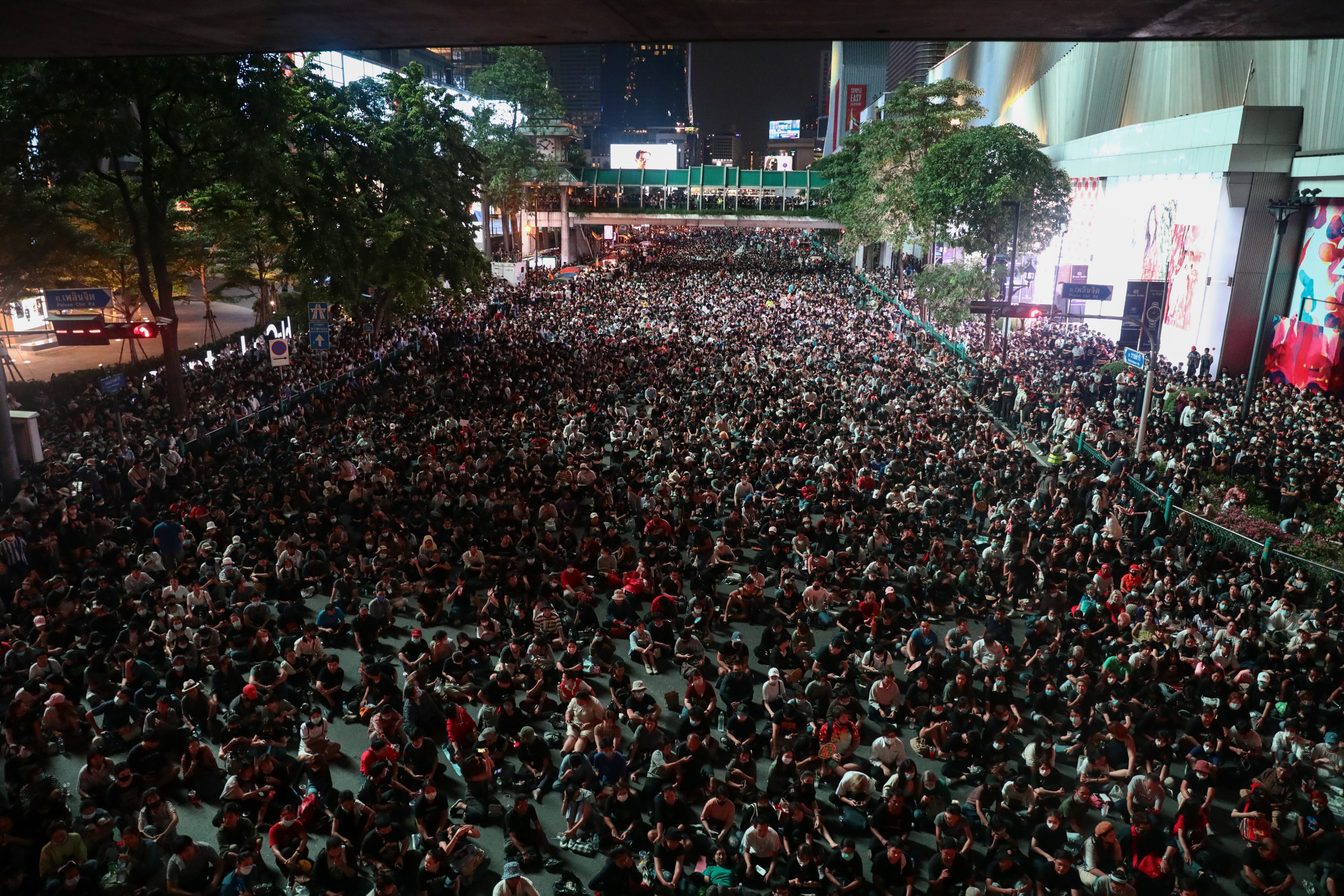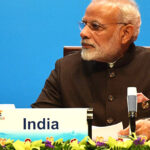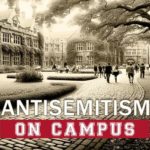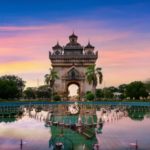
Thailand’s top political story of 2020 is far from over. Rising out of frustration and anger over the military-backed government’s heavy-handed response to COVID-19, the banning of the Future Forward Party, and continued authoritarian curbs on free expression and dissent, the youth-led protesters catalyzed a political movement through social media, all the while annoying and befuddling Thai authorities. Creativity was a part of their mass mobilization strategy, comparing Thai Prime Minister Prayut Chan-o-cha and the Thai establishment to dinosaurs, and using large yellow inflatable ducks as a defense against an aggressive state. While the student-led movement will continue far into 2021, there are serious, yet surmountable obstacles ahead—three New Year’s Resolutions to accomplish before 2021 ends.

Resolution #1: Sow unity and resolve to become more inclusive.
In early December, Free Youth, the umbrella organization behind the pro-democracy and monarchical reform protests debuted their controversial newlogo, eye-catching in blood red, with the “RT” letters resembling a hammer and sickle, reminiscent of Soviet-era Communism. The group later made statements on social media noting that “communism does not equal dictatorship.” Reaction to the new design and the corresponding statements were met with withering criticism, noting that the connection to the Communist ideology of the past not only gives their royalist counterparts ammunition, but promotes in-group dissent. It is important to note that the pro-democracy movement is made up of different groups, with the United Front for Thammasat and the Ratsadon groups working in tandem with others. The unveiling of the new logo and the subsequent embrace of Communism resulted in Parit “Penguin” Chiwarak distancing himself and the Ratsadon group from Free Youth’s ideological stance. Social movements are often temporary and involve ad-hoc groups composed of students, civil society, opposition political figures, and the general public. Fragility and time are often their major vulnerabilities. Critical to their mass mobilization strategies, including those in Thailand, is the ability to grow the number of supporters and donors by discussing persistent challenges and unifying issues facing broader society. The resurrection of Communism, which has been used in the past to demonize and dehumanize student-led groups of the past, was a tactical mistake. Older Thais will have vivid memories of Thailand’s struggles with Communism and the pain caused by its use as a political weapon by an oppressive state. Thai protesters should realize that social movements typically have a temporary life cycle, with interruptions or obstacles often occurring at every stage. Schisms among leadership and poor management, and factionalism have proven to be factors in the deaths of many social movements.
While Free Youth’s descent into the ideology of Communism is somewhat predictable, it is generally more common when there are different groups coordinating the movement’s efforts. Factionalism can be controlled. When factions or subgroups meet independently of other coordinating groups dissent is more intensified. It is critical then that each group develop a collective group identity and disseminate messages that do not only alienate group members, but complicate mass mobilization strategies. Increased focus on messages that unify Thai people, such as Prayut’s resignation, a truly democratic constitution should be a priority for 2021.
Resolution #2: Prepare yourselves for intractable conflict, but be open to opportunity.
While pro-democracy protesters have made history by dismantling many of Thailand’s social taboos, organizers should acknowledge that progress, outside of mobilizing mass demonstrations and changing tone of political discussion, has been limited. Most political observers have acknowledged that neither Prayut and the military-backed government have given into any of the protesters three key demands. Further, talks of political reconciliation have stalled, although this can be blamed on both sides—one because the reconciliation committee is decidedly lopsided and ill-conceived and protesters have dismissed it as a tactic by the government to keep Prayut in power. Reconciliation can only exist when there is open space in a society to express concerns, which includes a free press and political spaces for discussion. In Thailand, because of government intrusion, little trust is developed between different groups. However, protestors cannot ignore opportunities for dialogue with the government, even if little progress has been made or the political situation has become intractable.
For comparison, the Hong Kong protests in 2014 and 2019 are worth mentioning. Substantive peace talks between Hong Kong pro-democracy protesters and the government failed to materialize because of a surge in violence between groups, and the lack of willingness on the part of both sides to hold talks—without preconditions. In other parts of the world, third party talks might be an option, however the government might view regionally-led efforts as intrusion. With the government controlling most of the levers of political power in Thailand, pro-democracy protesters should avail themselves of every legitimate opportunity for dialogue, even when the talks might not lead to a political solution. Getting to the negotiating table is a small step toward a meaningful dialogue.
Resolution #3: Go into the provinces.
The pro-democracy protests have largely been viewed as a Bangkok affair. The July 18 protest at Democracy Monument, which drew thousands of people, largely constituted an urban audience. It isn’t that protests aren’t occurring. Thai Lawyers for Human Rights (TLHR) reported in October that there have been 246 protests in 62 Thai provinces, but the center of attention is still in the capital. Pro-democracy groups have not centered events around municipalities and provinces to both galvanize political support, and convince the international media that the youth-led movement has reached all segments of Thai society. The opposition has been working in the provinces for decades. This past October, tens of thousands of people rallied in Narathiwat to show their support for the Thai monarchy, partly as ceremonies to mark the 120th birthday anniversary of Princess Srinagarindra, the mother of the late King Bhumibol Adulyadej. Evidence of a lack of presence for reform-oriented groups can be gathered from the recent provincial elections, where the Progressive Movement failed to win a single local PAO race. As the leader of the Future Forward Party, Thanathorn Juangroongruangkit advocated for constitutional amendments that would have restricted the power of the military and opposed moves that expanded the powers of King Maha Vajiralongkorn. The Progressive Movement this past December 20 found it difficult to connect with rural and older voters. Thanathorn later acknowledged that the issue of monarchical reform is a “sensitive” one for many Thais outside of Bangkok and noted that it hurt their political performance, an acknowledgement that Free Youth and the other student-led groups could learn lessons from.
To break the monopoly on political power, whether that be from years of entrenched patronage networks that dominate local politics or the vast military-monarchy alliance that allows the status quo to persist, pro-democracy groups must take careful steps and build connections and relationships with Thai people in the provinces. This is a long and sophisticated process that requires substantial effort.






